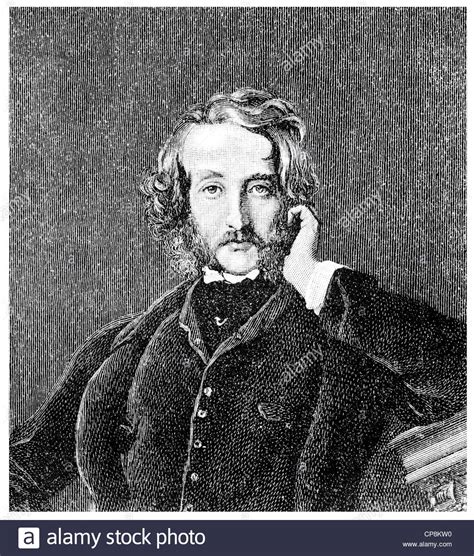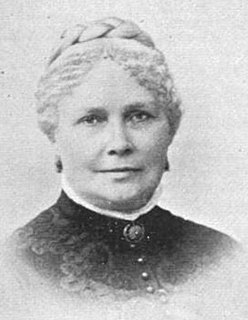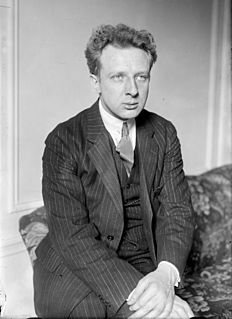A Quote by Edward Bulwer-Lytton, 1st Baron Lytton
Related Quotes
Oh, thou did'st then ne'er love so heartily. If thou rememb'rest not the slightest folly That ever love did make thee run inot, Thou has not loved. Of if thou has't not sat as I do now, Wearying they hearer in thy mistress's praise, Thou has not loved. Of if thou hast not broke from company Abruptly, as my passion now makes me, Thou has not loved. (Silvius)
Love all God’s creation, both the whole and every grain of sand. Love every leaf, every ray of light. Love the animals, love the plants, love each separate thing. If thou love each thing thou wilt perceive the mystery of God in all; and when once thou perceive this, thou wilt thenceforward grow every day to a fuller understanding of it: until thou come at last to love the whole world with a love that will then be all-embracing and universal.
Owe no man any thing, but to love one another: for he that loveth another hath fulfilled the law. For this, Thou shalt not commit adultery, Thou shalt not kill, Thou shalt not steal, Thou shalt not bear false witness, Thou shalt not covet; and if there be any other commandment, it is briefly comprehended in this saying, namely, Thou shalt love thy neighbour as thyself.
It seemed impossible to leave the world until I had produced all that I felt called upon to produce, and so I endured this wretched existence an excitable body which a sudden change can throw from the best into the worst state. Patience I must now choose for my guide, and I have done so. Divine One, thou lookest into my inmost soul, thou knowest it, thou knowest that love of man and desire to do good live therein.
Love is like the wild rose-briar; Friendship like the holly-tree. The holly is dark when the rose-briar blooms, But which will bloom most constantly? The wild rose-briar is sweet in spring ,Its summer blossoms scent the air; Yet wait till winter comes again, And who will call the wild-briar fair? Then, scorn the silly rose-wreath now, And deck thee with holly's sheen, That, when December blights thy brow, He still may leave thy garland green.
Once for all, then, a short precept is given thee: Love, and do what thou wilt: whether thou hold thy peace, through love hold thy peace; whether thou cry out, through love cry out; whether thou correct, through love correct; whether thou spare, through love do thou spare: let the root of love be within, of this root can nothing spring but what is good.




































